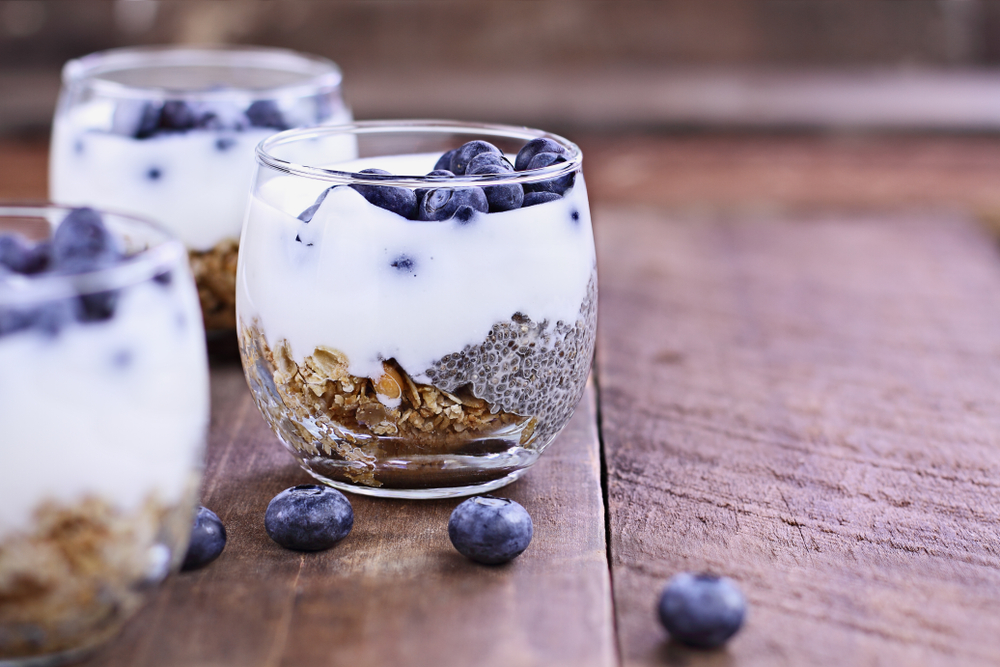Everything You Need To Know About Probiotics
Everything you need to know about probiotics
Most of us assume that microorganisms and bacteria are harmful and cause diseases and discomfort. But we seldom consider the fact that these are the oldest and most widely-prevalent life-forms on our planet. We live in an ocean of these invisible creatures that thrive both inside and outside our bodies. Some of them are dangerous and can result in serious health problems while others are highly beneficial and necessary for maintaining good health.
Trillions of them colonize our body and studies show that the human system is home to three times the number of non-human cells as compared to human cells.

Consuming and restoring the optimum population of health-giving and beneficial bacteria help in fighting diseases and chronic health conditions. Here is some basic information you should know about the best probiotics.
What are probiotics?
- The largest number of bacteria (gut flora) is found in the intestines (guts). This is ensured during the process of the natural birth of babies.
- Beneficial gut flora and humans share a symbiotic relationship.
Which are some of the best probiotics?
- Research is still ongoing about the various strains of bacteria that inhabit the gut.
- Current knowledge suggests that the two most important species are lactobacillus and bifidobacterium.
- The lactobacillus strains are good for vaginal health, diarrhea, skin problems like acne and eczema, brain function, inflammation, etc.
- The bifidobacterium strains enable better immunity and gastrointestinal (GI) support, combat aging, inflammation, constipation, and irritable bowel syndrome (IBS).
- Less common strains like streptococcus promote gastrointestinal and skin health.
- Of these, lactobacillus acidophilus aids in the digestion of dairy products, bifidobacterium longum eliminates toxins and is the most commonly found species, and the bifidobacterium bifidum breaks down complex carbohydrates, proteins, and fats for better absorption and is particularly beneficial for older adults.
- Other important strains include lactobacillus rhamnosus (the Travel Biotic), which help combat an upset stomach while traveling and lactobacillus fermentum, which maintain the optimum levels of gut flora and also neutralize any harmful byproducts of digestion.
What are the different types of probiotic products?
- Dairy products like branded fermented milk, buttermilk, and yogurt are available in fresh, freeze-dried, and frozen options of probiotic products.
- Fermented products like traditional Japanese miso and kombucha, Korean kimchi, German sauerkraut, certain cheeses like mozzarella, gouda and cheddar, and Central European kefir are other noted probiotics.
- The non-dairy and non-fermented probiotic products include branded snack-bars and cereals.
- Supplements of probiotics are available in both beverage and capsule form.
How to choose the best probiotic product?
Choosing the best probiotic product in the market is difficult as there is a wide variety available. Some useful tips for choosing the best probiotic product include:
- Opt for only trusted brands.
- The expiry date is not mandatory, as these products are not regulated by the Food and Drug Administration (FDA), so you cannot be sure that the bacteria are alive and healthy. They’re only effective if they’re alive and healthy, as dead bacteria washed out by stomach acids are useless . Therefore, the best probiotic products are those that provide an expiry date on the contents label so you are informed about their shelf-life.
- Controlled-release systems are preferable.
- Food-based probiotics are the most effective. Probiotics consumed in the form of yogurt, certain fermented foods, cheeses, sourdough, etc are ideal as well as tasty.
- It is important to not rely too much on a company’s advertising and/or recommendations from family and friends. Your body, gut flora, and its conditions are unique; therefore, it is ideal to consult your doctor before choosing probiotic products.

